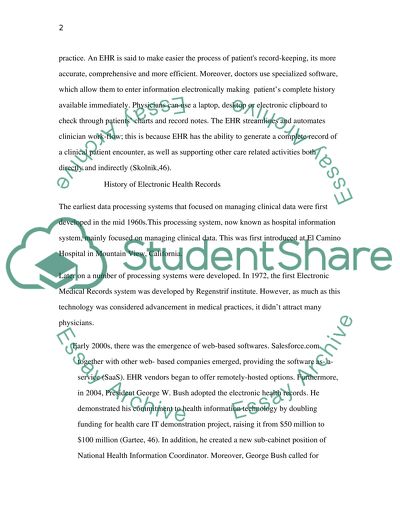Cite this document
(“Electronic Health Records in the Healthcare System Research Paper”, n.d.)
Electronic Health Records in the Healthcare System Research Paper. Retrieved from https://studentshare.org/health-sciences-medicine/1494230-persuasive-essay
Electronic Health Records in the Healthcare System Research Paper. Retrieved from https://studentshare.org/health-sciences-medicine/1494230-persuasive-essay
(Electronic Health Records in the Healthcare System Research Paper)
Electronic Health Records in the Healthcare System Research Paper. https://studentshare.org/health-sciences-medicine/1494230-persuasive-essay.
Electronic Health Records in the Healthcare System Research Paper. https://studentshare.org/health-sciences-medicine/1494230-persuasive-essay.
“Electronic Health Records in the Healthcare System Research Paper”, n.d. https://studentshare.org/health-sciences-medicine/1494230-persuasive-essay.


